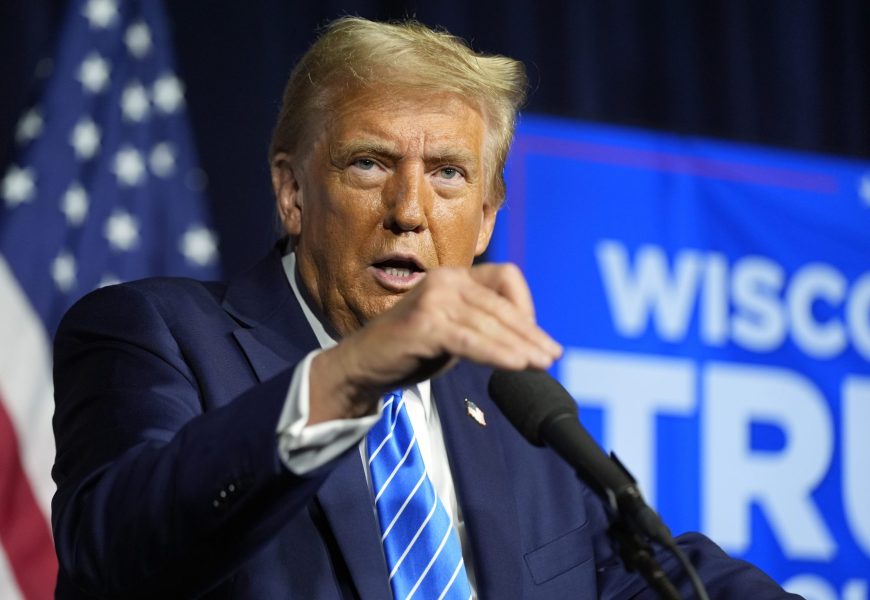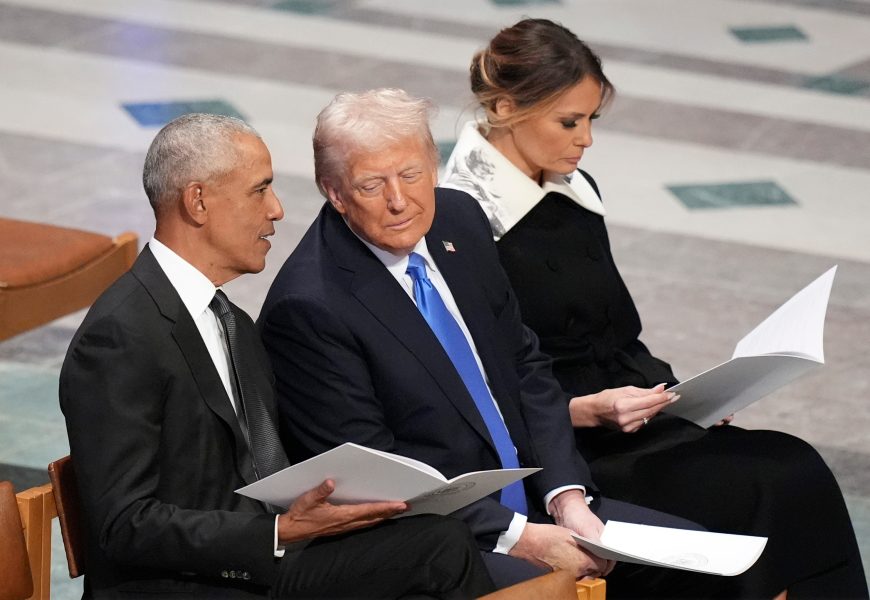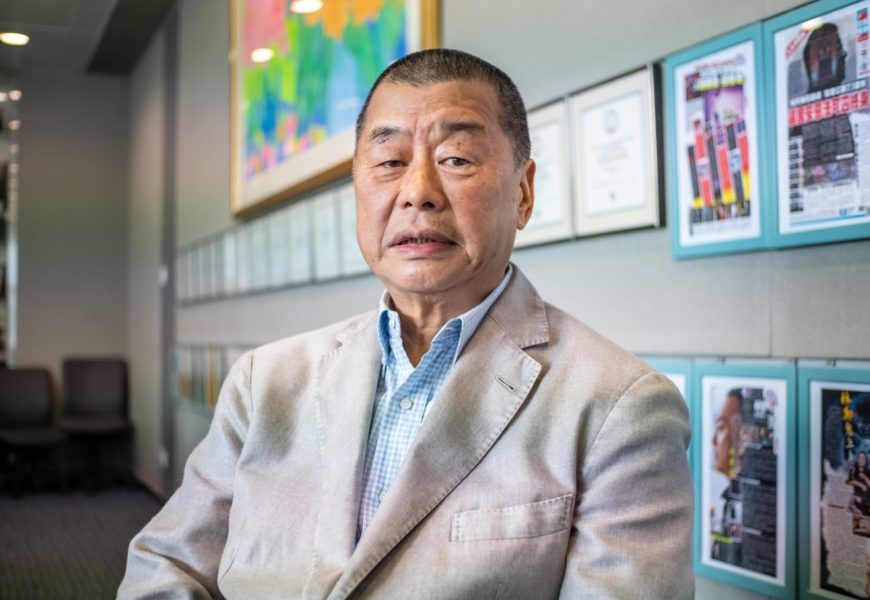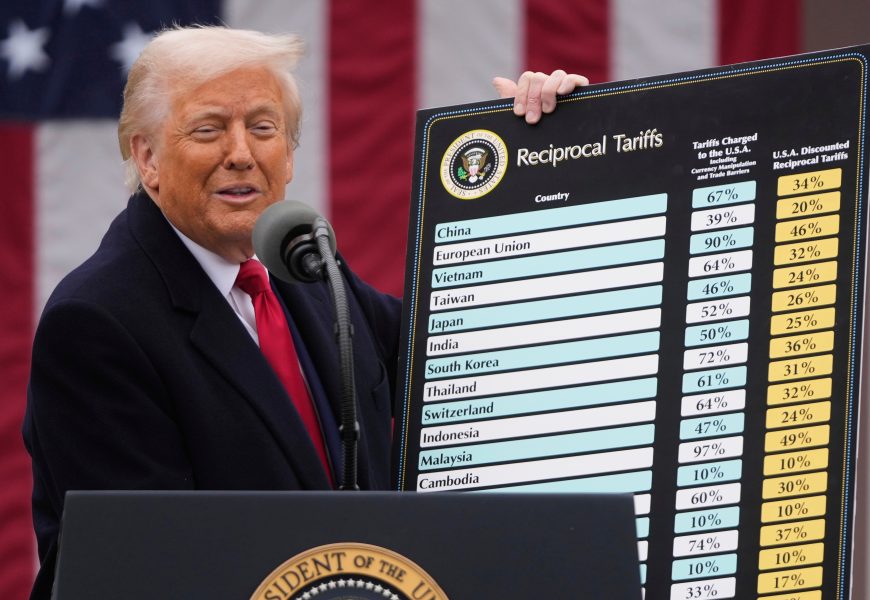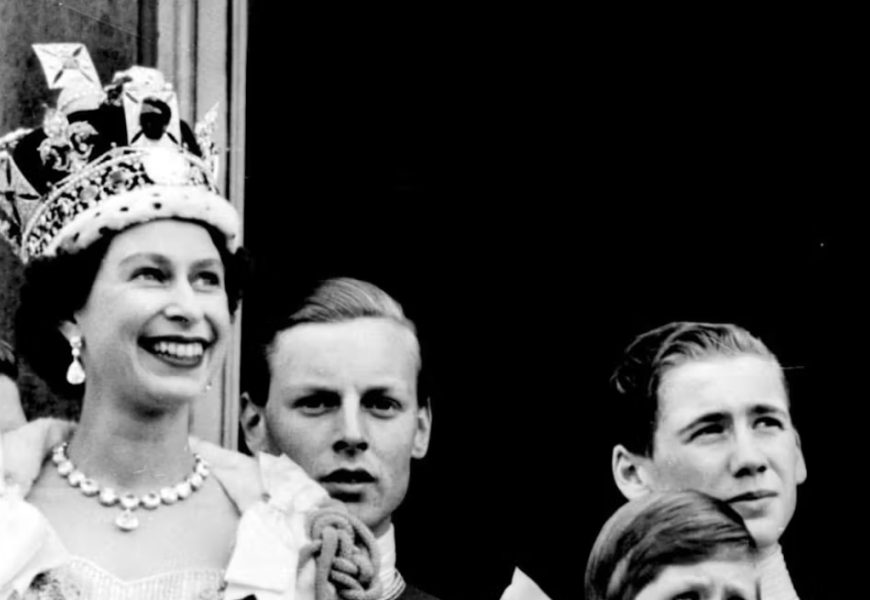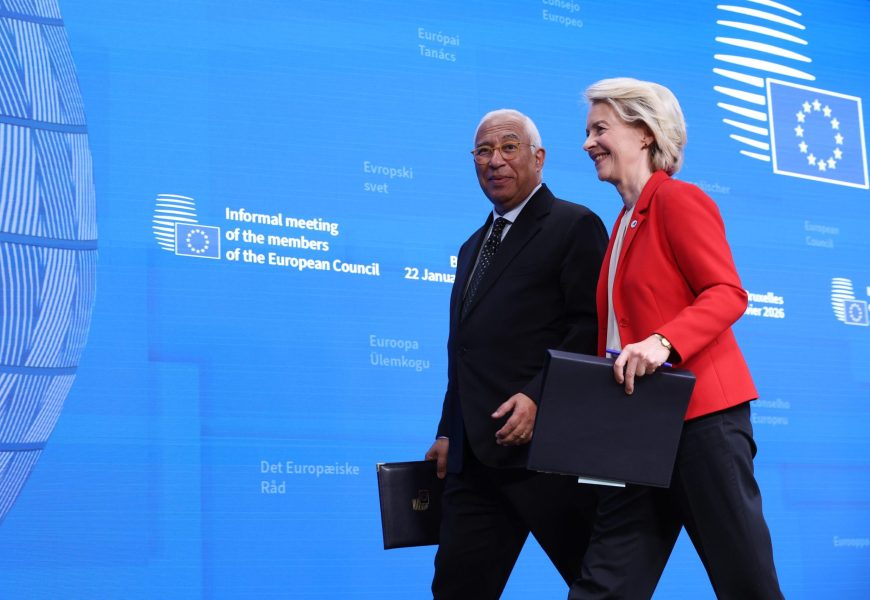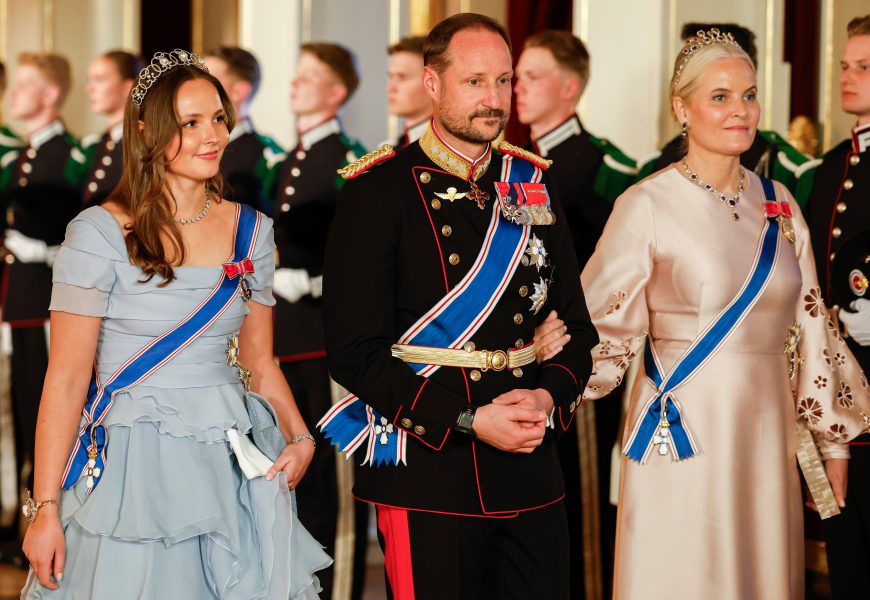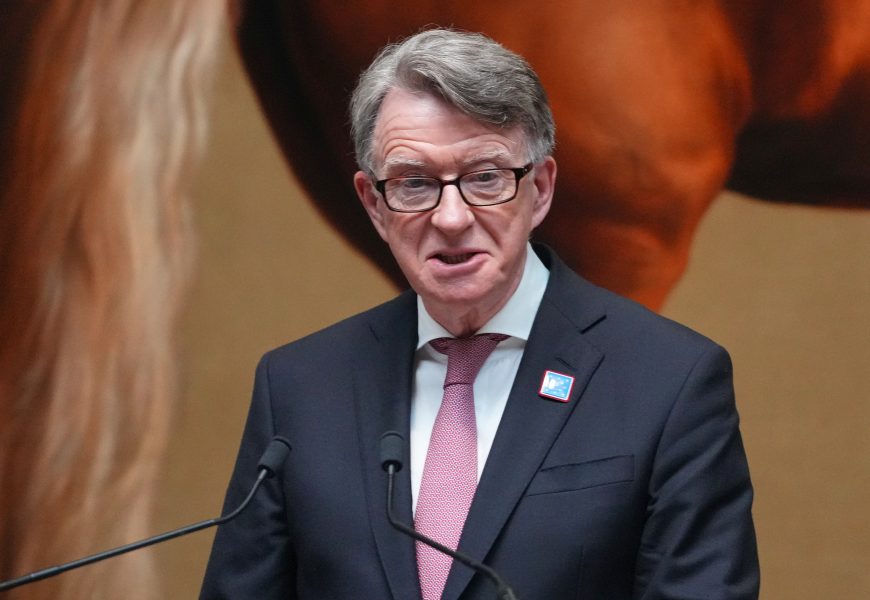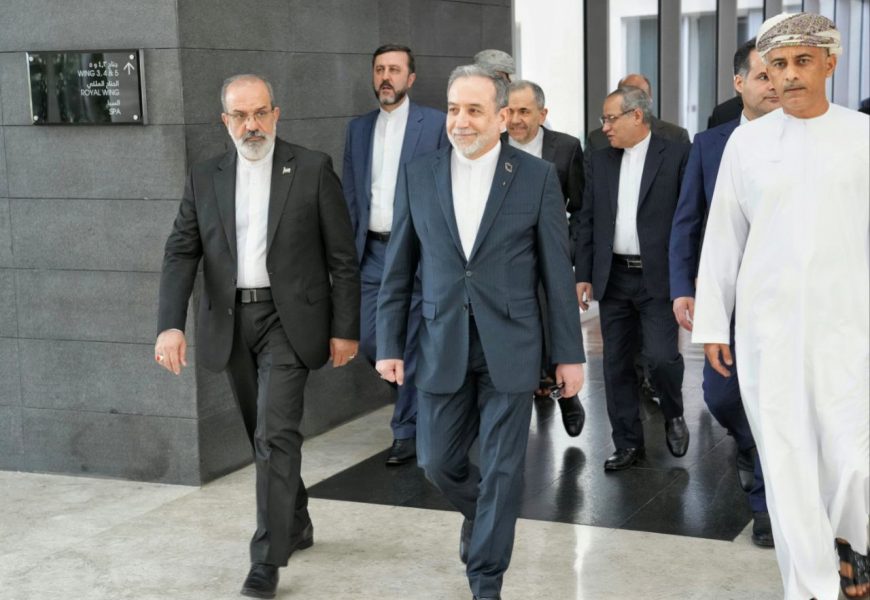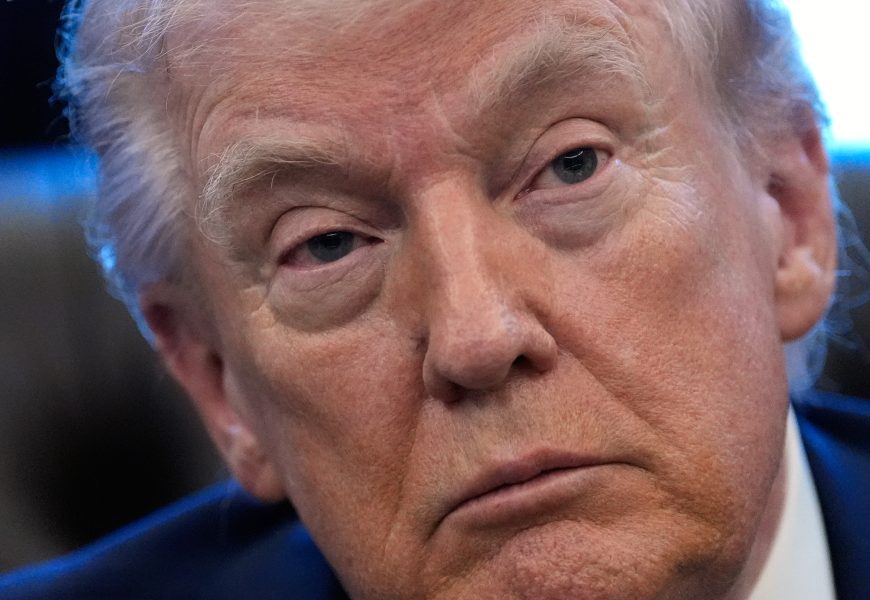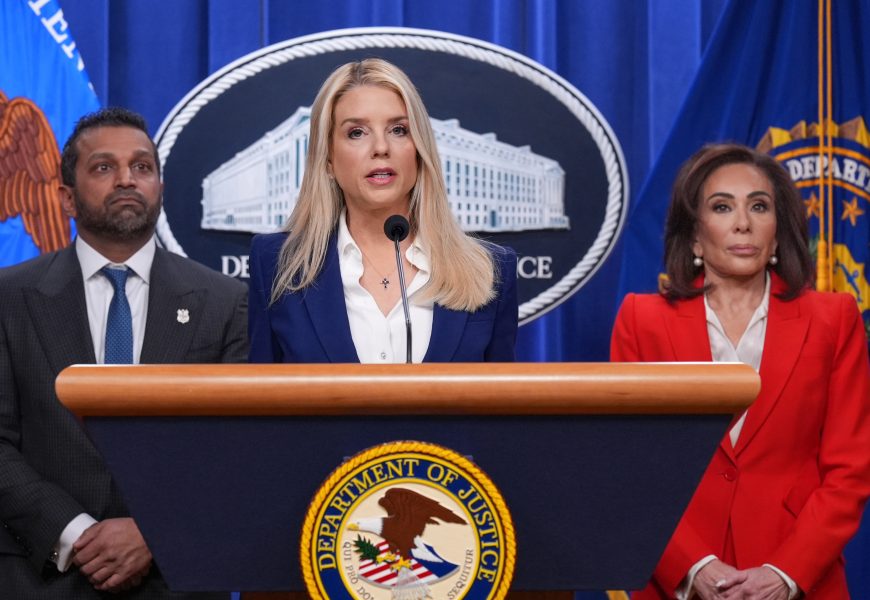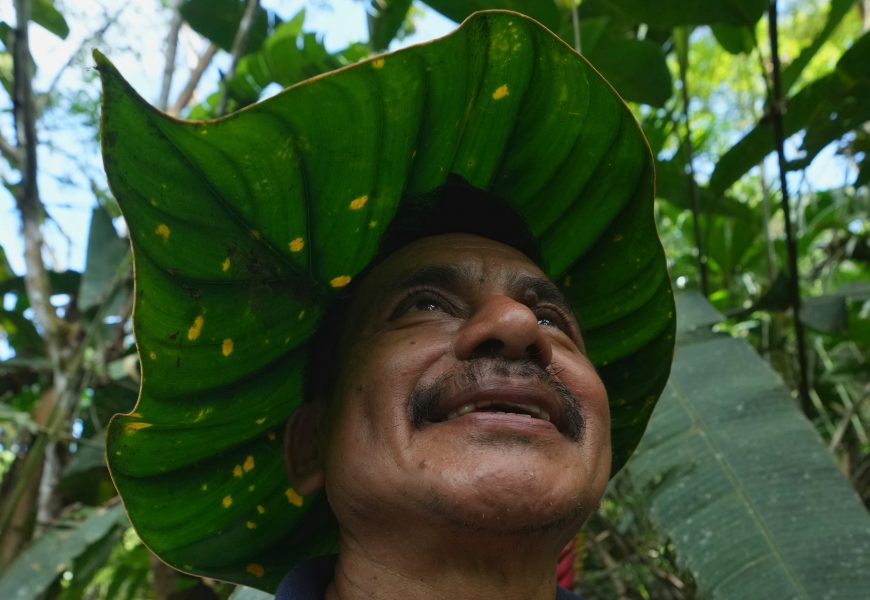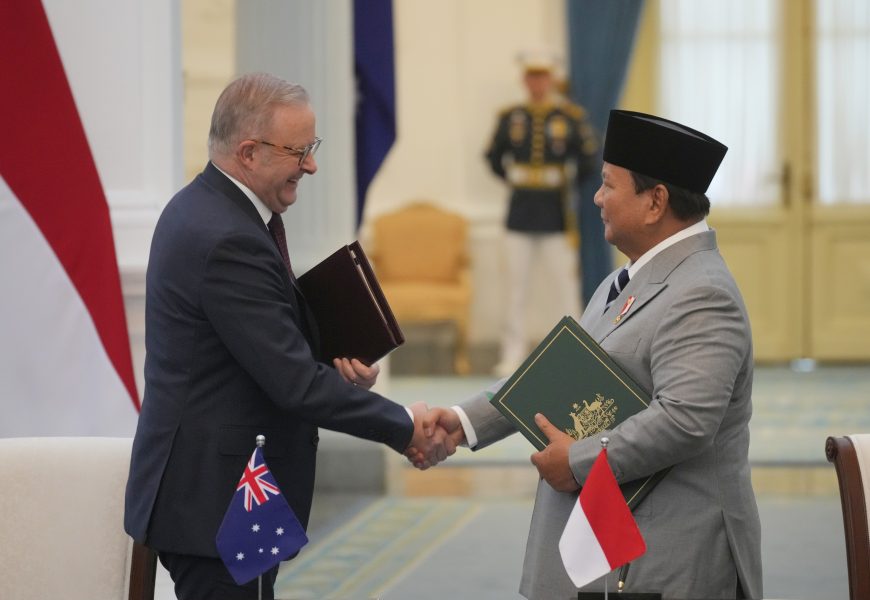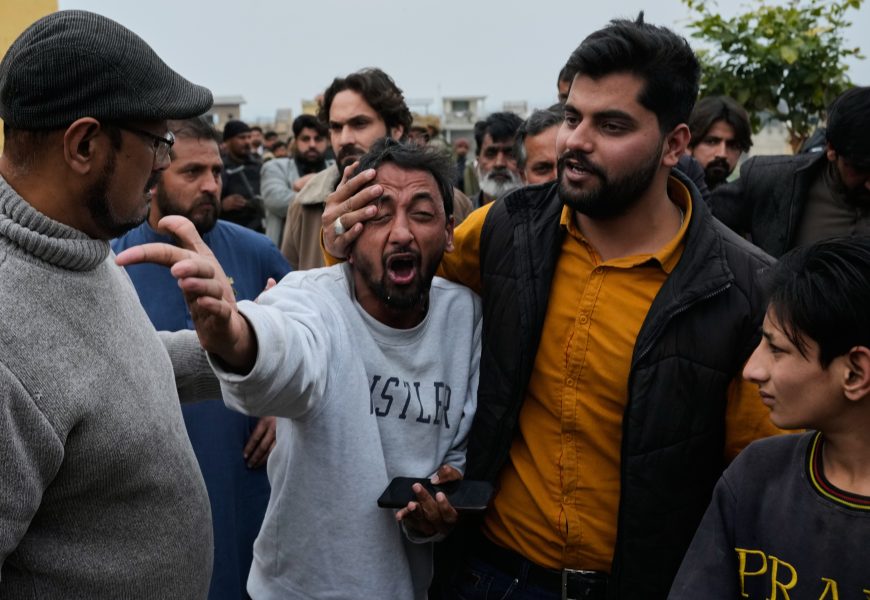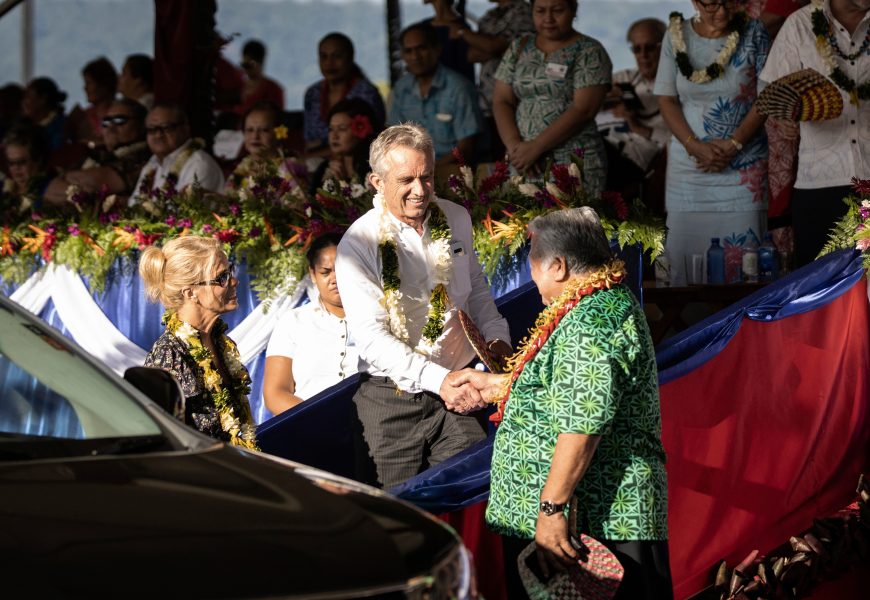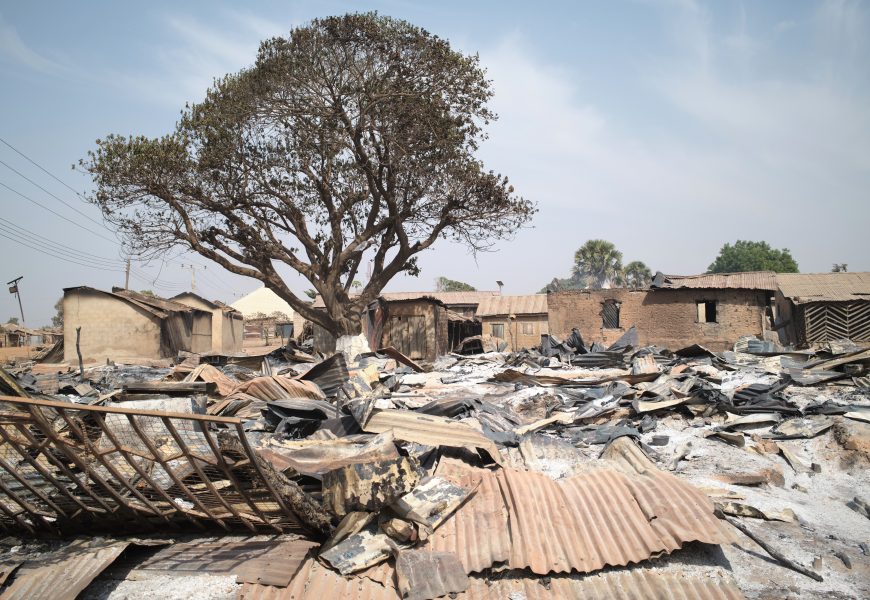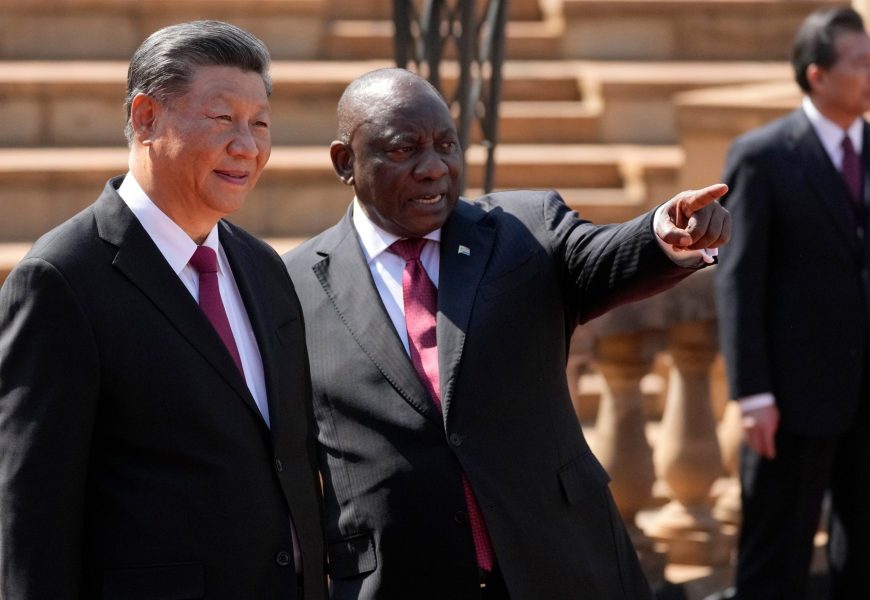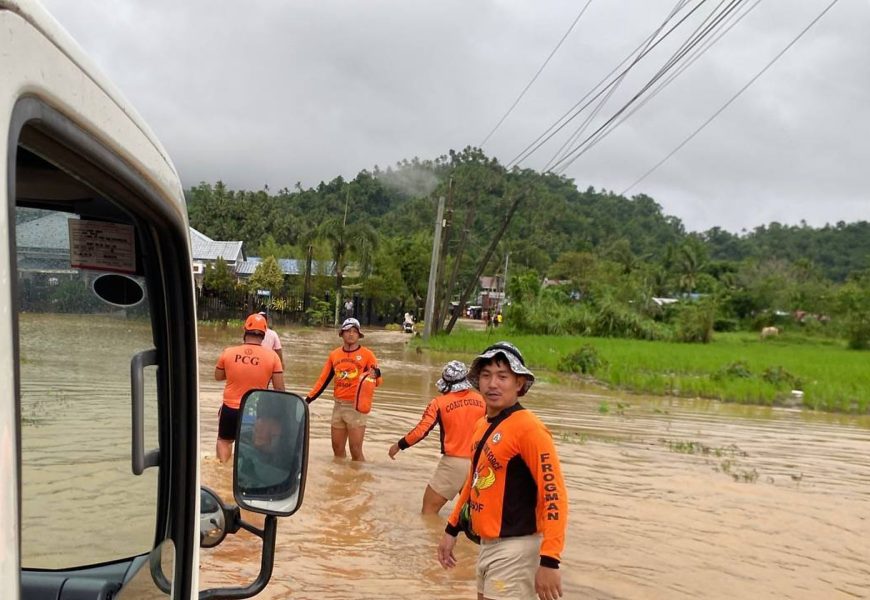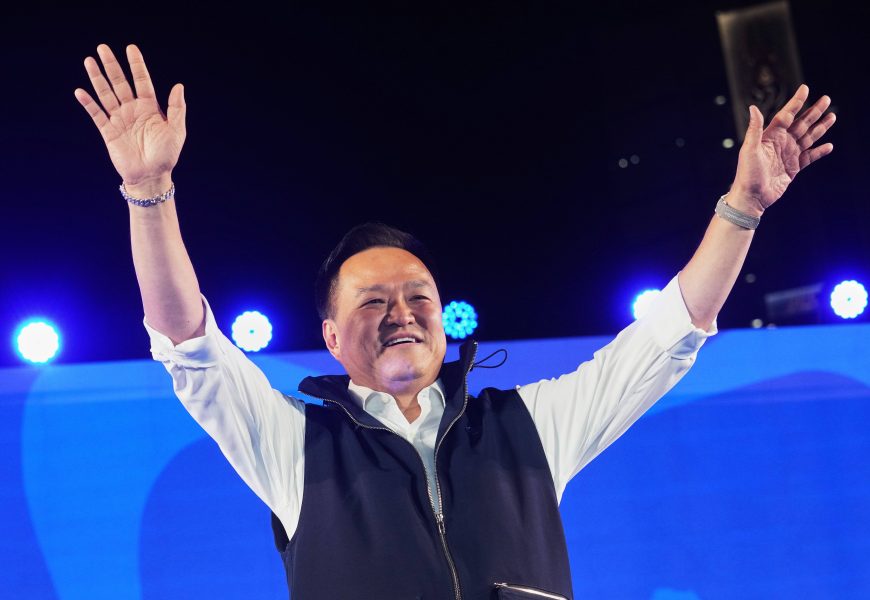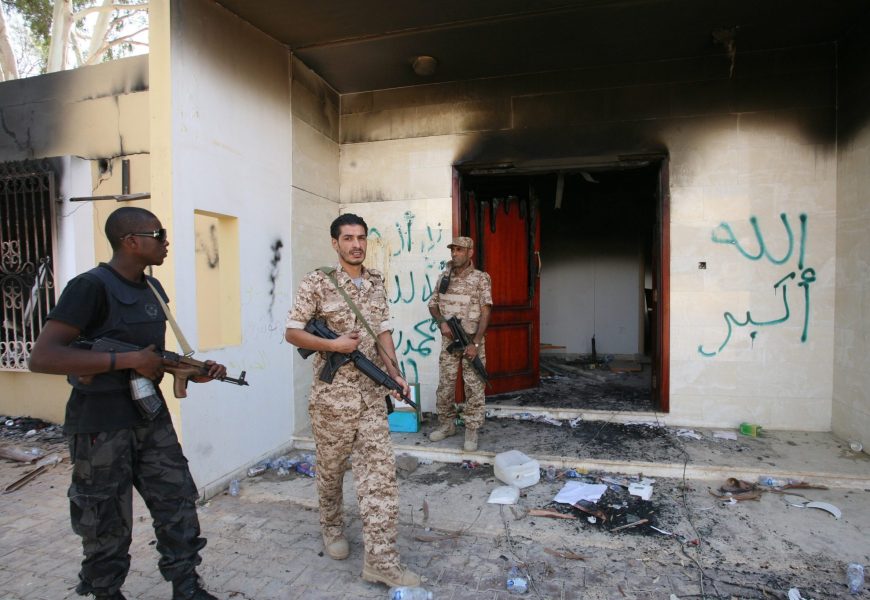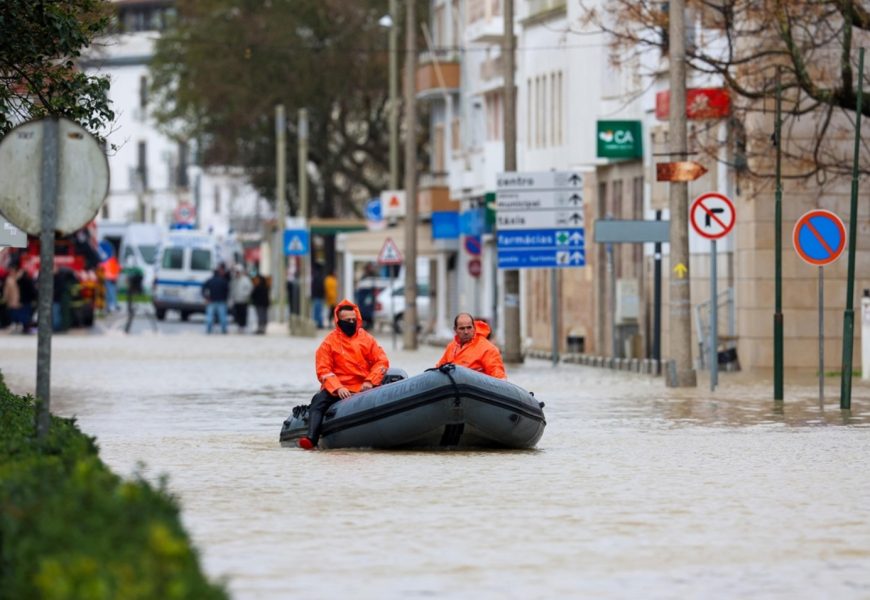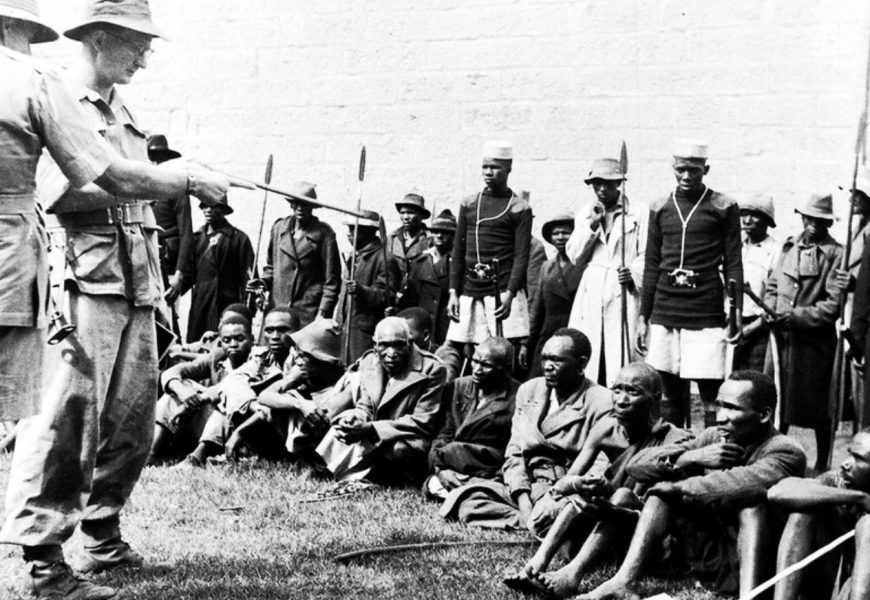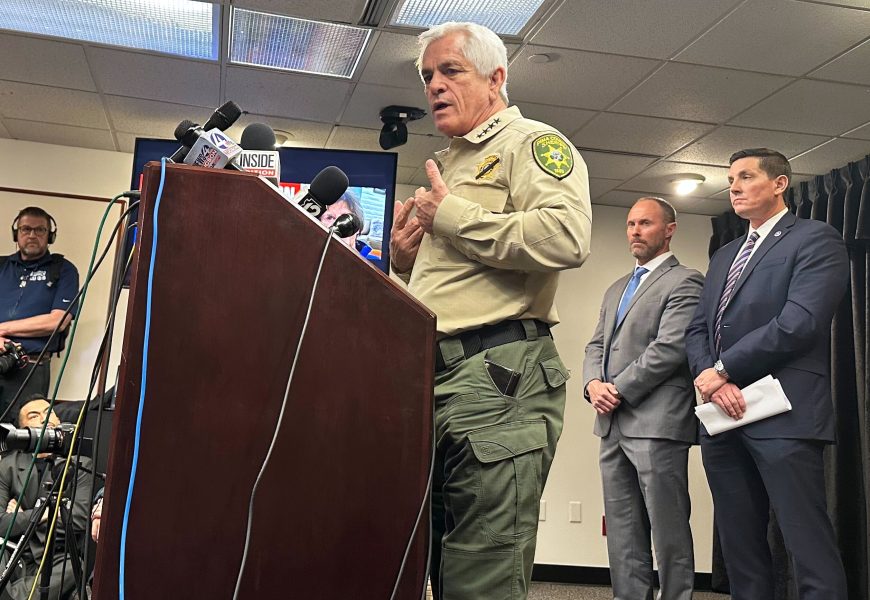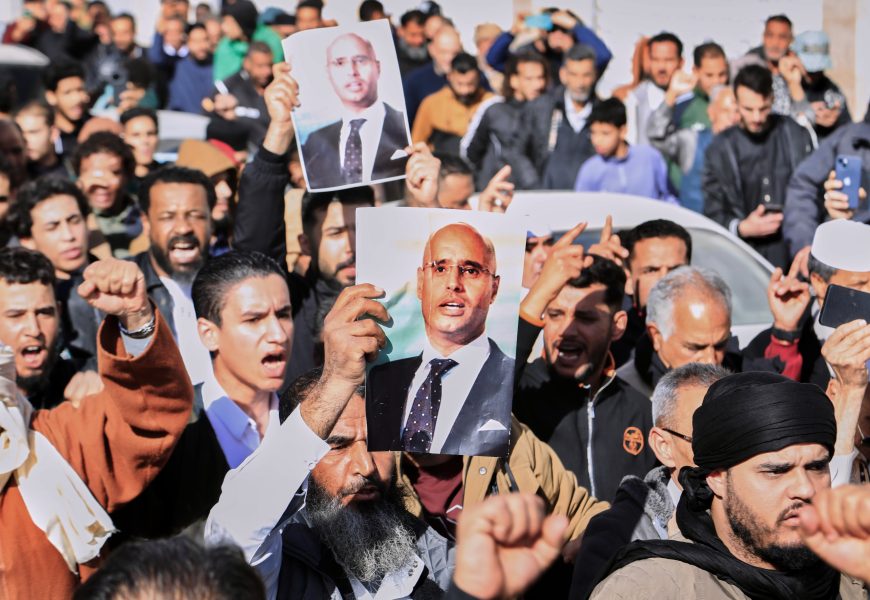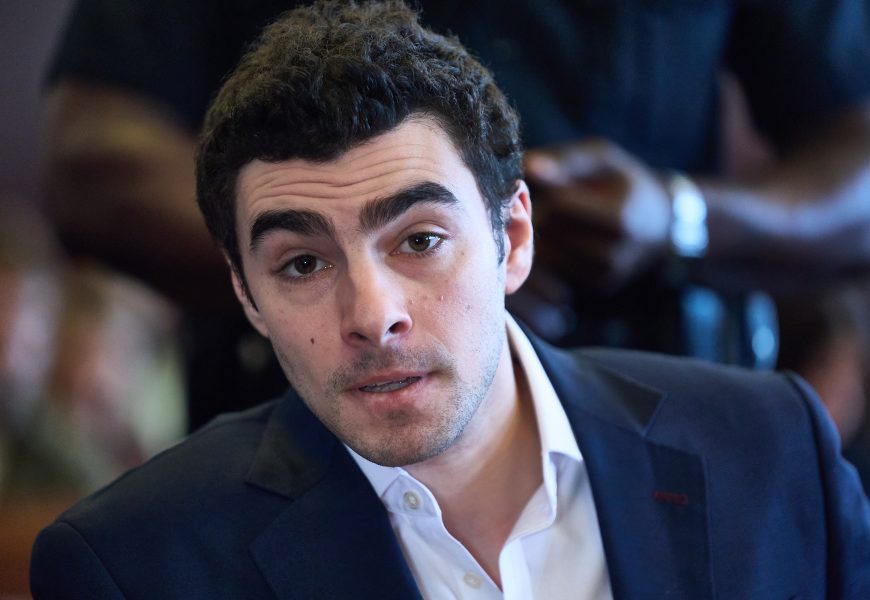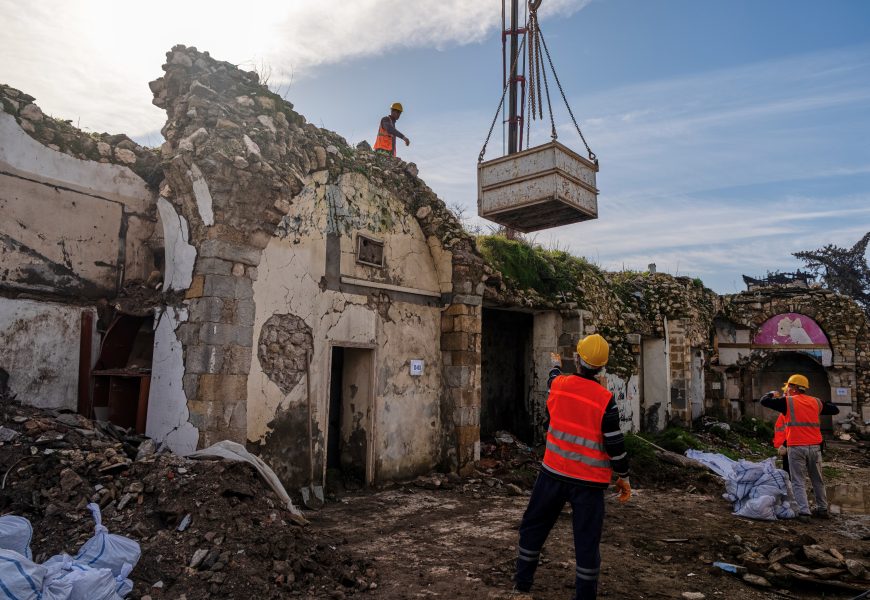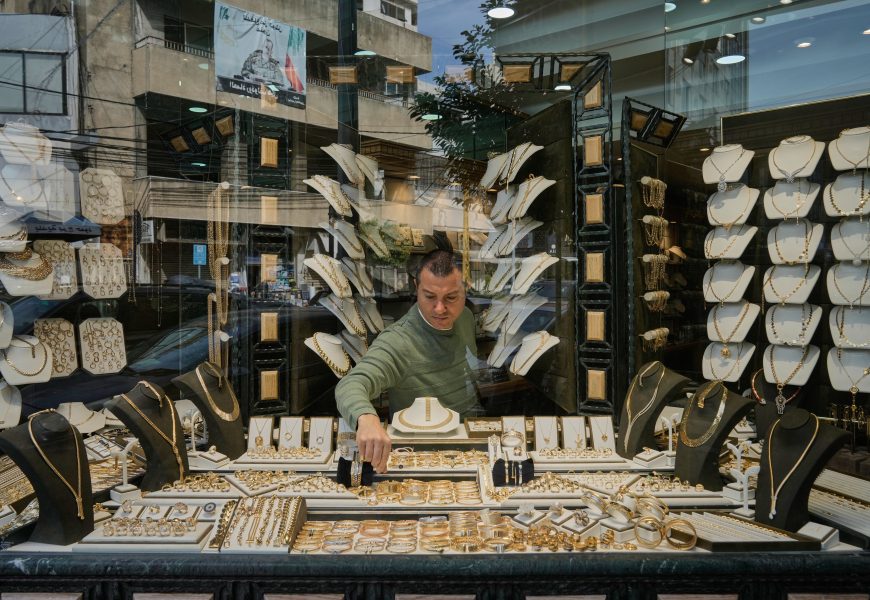SAN SALVADOR, El Salvador (AP) - El Salvador's arrest of an anticorruption lawyer from a well-known human rights organization last month is the latest example of how special powers given to President Nayib Bukele to battle the country's gangs are being applied to a host of unrelated alleged crimes.
A lawyer’s prolonged detention shows how El Salvador’s gang emergency extends to common crimes
SAN SALVADOR, El Salvador (AP) - El Salvador's arrest of an anticorruption lawyer from a well-known human rights organization last month is the latest example of how special powers given to President Nayib Bukele to battle the country's gangs are being applied to a host of unrelated alleged crimes.
Police arrested Ruth Eleonora López at her home on May 18, for allegedly aiding one of her former employers being prosecuted for embezzlement. López has denied the accusations, but two weeks later she has yet to appear before a judge or be formally charged.
El Salvador's constitution gives authorities 72 hours to bring someone before a judge after an arrest. But criminal defense attorneys say most of the cases they see - drunk driving, robberies, sexual assaults - now aren't brought before a judge until 15 days after the arrest, the maximum allowed under the state of emergency the country's Congress approved in March 2022.
That month, Bukele asked lawmakers for extraordinary powers to respond to a gang massacre. Among the rights the Congress agreed to suspend were that window to take a prisoner before a judge, as well as fundamental protections like access to a lawyer.
Since then, more than 86,000 people have been arrested for alleged ties to gangs, with 90% still awaiting trial. But untold others - the attorney general's office did not respond to a request for statistics - have been treated in the same manner for alleged crimes having nothing to do with the gangs. While the constitutional rights are suspended, the expansion into crimes unrelated to gangs is legal, but abusive, lawyers say.
In an address to the nation Sunday night about the first year of his new term, Bukele brushed off criticism of his heavy-handed tactics.
"I don't care that they call me dictator," he said. "I prefer they call me dictator than see how they kill Salvadorans in the streets. I prefer they call me dictator, but Salvadorans can finally live in peace. Let them keep arguing semantics and we're going to continue to be focused on results."
"They say we jail human rights defenders, dissidents, opponents of the regime," Bukele said. "I think to myself, 'How are we going to battle corruption if all the opposition has guaranteed impunity?'"
With the gangs' severely weakened by the government's own accounts, human rights organizations in El Salvador - like Cristosal where López worked - and from abroad like the Inter-American Commission on Human Rights have called for the end of the emergency declaration. They say the justification no longer exists, and rights should be restored.
Instead, lawyers say the extended state of emergency has become the norm, rather than the exception.
"They've generalized it," said Oswaldo Feusier, lawyer and professor at the José Simeón Cañas Central American University, adding that more and more judges are applying the exceptional rules to a broader array of crimes. "To me it's an abuse of the spirit of the decree."
Just this month, Bukele called - via the social platform X - for the arrest of the heads of bus companies he said had ignored his call to provide free service during the closure of a major highway. The government said it would reimburse them. Despite arrests May 5 through May 7, the 12 people detained weren't formally charged until May 19.
On May 12, dozens of people from an agricultural cooperative protested an eviction outside Bukele's home. One participant was arrested May 12 and another May 13 for alleged public disorder and aggressive resistance. Their cases weren't brought before a judge until May 27. The president also used the protest as an example of why the Congress should pass a foreign agents law - which it did days later - because he said they had been "manipulated by globalist NGOs."
The law would require all non-governmental organizations who receive international donations to register as "foreign agents" and the government can then impose a tax of 30%.
Jayme Magaña, a criminal defense lawyer working with an initiative called Wings of Freedom that seeks to draw attention to human rights violations, said she has seen the exceptions under the state of emergency applied to a variety of cases including sexual crimes, drunk driving and robberies. "They're applying 15 days to the majority," she said. "This is because the courts are saturated."
Criminal attorney Carlos Avelar said that since the state of emergency suspends constitutional guarantees, it can be applied to all crimes. "If they arrest someone, if the prosecutor wants to apply the 15-day term, he does it," he said. He estimated that 80% of the cases he sees in the courts now start 15 days after the arrest.
López's alleged wrongdoing dates to her time as an adviser to Eugenio Chicas, the former president of the Supreme Electoral Tribunal during the administration of President Salvador Sánchez Cerén (2014-2019).
Chicas moved from the court to the Cabinet of Sánchez Cerén and also served as a congressman. Last November, he and some of his relatives were convicted in a civil case for illegal enrichment between 2009 and 2021.
Chicas, who was detained in February, is now being prosecuted on criminal charges of illegal enrichment.
"Ruth has dedicated her life to the defense of human rights and the fight against corruption," Cristosal said in a statement last week, noting that she still had not been formally charged. "Hers is not an isolated case: it is part of a pattern of criminalization against critical voices."





